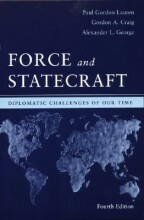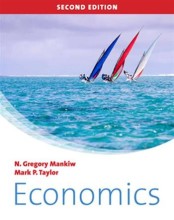The Classical System of Diplomacy, 1815-1914
11 important questions on The Classical System of Diplomacy, 1815-1914
Who were the major players at the Congress of Vienna?
What was meant by the ‘conclusion & affirmation’ of the treaty there?
How did the Balance of Power work in practice?
- Higher grades + faster learning
- Never study anything twice
- 100% sure, 100% understanding
What techniques did the concert of Europe employ?
They had to agree on what constituted a threat, their patterns of conflict and cooperation, and their willingness to engage in a common action to defend the system.
The Concert of Europe created techniques of crisis prevention by giving means to coordinate relations, limit frictions, establishing what means of policy pursuit were legitimate or not.
What crises did the concert of Europe have to deal with?
What changes had taken place by 1870 that made diplomacy among the Greta Powers more difficult?
What was the problem with the ‘Bismarckian’ way of maintaining equilibrium of forces?
Discuss the relationship between the stronger members of the bipolar alignments and the weaker members, and the consequences.
Why was diplomacy in the 19th Century not a ‘zero-sum game’ ?
Was transparency a good or bad thing in diplomacy according to the authors?
How did technology influence diplomatic history?
The question on the page originate from the summary of the following study material:
- A unique study and practice tool
- Never study anything twice again
- Get the grades you hope for
- 100% sure, 100% understanding
































